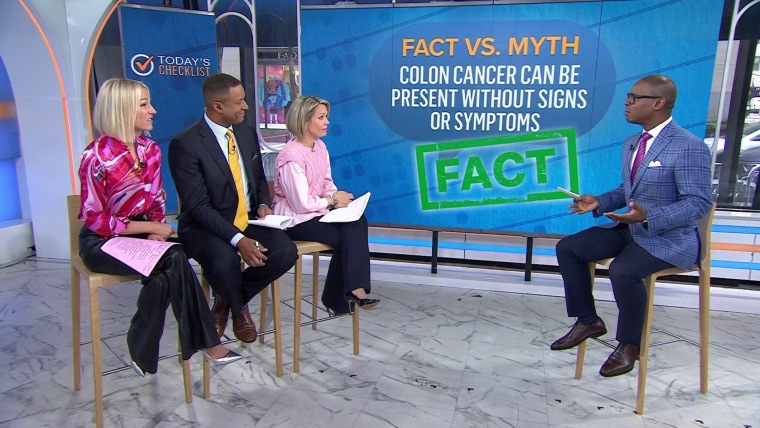
Colorectal cancer is now a leading cause of death in men and the second leading cause of death in women under 50 years old, according to a report by the American Cancer Society (ACS). Among adults aged 45 to 50, an alarming 80% are not getting screened for colorectal cancer. The ACS is teaming up with the Colorectal Cancer Alliance for a new campaign called 'Your Colon is 45' to encourage screening for those aged 45 and above.
The report found that colorectal cancer now ranks as the leading cause of cancer-related death among men and people assigned male at birth (AMAB) aged 20 to 49 in the United States. For women and people assigned female at birth (AFAB), it's now second behind only breast cancer, according to a 2024 report from the American Cancer Society.
This shift reflects a steady rise in colorectal cases in the under-50 crowd. In recent years, diagnoses have increased 1% to 2% annually among that demographic, while dropping for the overall U.S. population.
A similar pattern has been seen around the world, too, with documented increases in Canada, Australia, New Zealand and parts of Asia and Europe.
Symptoms may include blood in stool, sudden weight loss, abdominal pain or changes in bowels. Screening tests for colorectal cancer include colonoscopy, fecal immunochemical test (FIT) and flexible sigmoidoscopy.
The American Cancer Society expects more than 150,000 people to be diagnosed with colorectal cancer in 2024. Early detection of colorectal cancer can improve treatment outcomes. It is important to maintain a healthy diet and lifestyle to reduce the risk of developing colorectal cancer.
The 'Your Colon is 45' campaign includes a new website, YourColonIs45.org, which has a screening quiz as well as more information about screening tools. You can even send an e-card for other people to get checked.



:max_bytes(150000):strip_icc()/Health-GettyImages-1326365676-8141eb497921482b8ee947f9b59d73f7.jpg)

